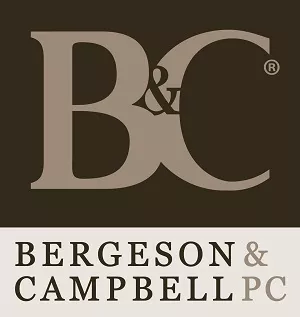On April 3, 2024, the European Commission's (EC) Scientific Committee on Consumer Safety (SCCS) began a public consultation on its preliminary opinion on the safety of hydroxyapatite (nano) in oral products. The EC asked SCCS if it considers hydroxyapatite (nano) safe when used in toothpaste up to a maximum concentration of 29.5 percent and in mouthwash up to a maximum concentration of ten percent according to the specifications as reported in the submission, taking into account reasonably foreseeable exposure conditions. According to the preliminary opinion, based on the data provided, SCCS considers hydroxyapatite (nano) safe when used at concentrations up to 29.5 percent in toothpaste, and up to ten percent in mouthwash. SCCS notes that this conclusion is based on the available evidence that shows that hydroxyapatite (nano) does not pose a mutagenic hazard or cytotoxicity or inflammatory effects even when tested at high concentrations in a buccal mucosa cell model. According to SCCS, any uptake by buccal mucosa is considered negligible, and the epithelial cells with internalized particles will be shed over time as they are continually replaced. SCCS states that any unintentionally ingested hydroxyapatite nanoparticles during the use of oral-care products "will undergo rapid dissolution in the gastric fluid and therefore do not raise any nano-specific concern over safety." This opinion applies only to hydroxyapatite (nano) that has the following characteristics:
- Composed of rod-shaped particles of which at least 87 percent (in particle number) have aspect ratios equal to or less than three, and the remaining 13 percent have aspect ratios not exceeding nine; and
- The hydroxyapatite particles are not coated or surface modified.
The preliminary opinion is not applicable to any hydroxyapatite (nano) material that is composed of or contains needle-shaped particles. Comments on the preliminary opinion are due May 30, 2025.
The content of this article is intended to provide a general guide to the subject matter. Specialist advice should be sought about your specific circumstances.



